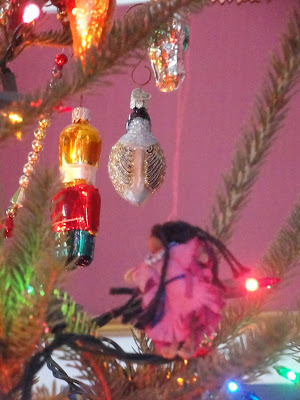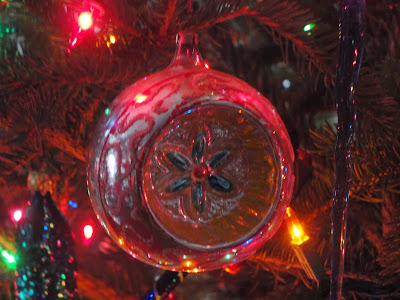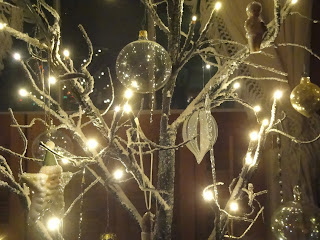And I'm still thinking about the Chekhov quote I mentioned before, here and elsewhere, and some of the responses of people to his words. I've also been pondering lives of artists who were "not free" in some way, even if they seemed more free than most people, and how those self-set limitations through ideology or -ism work (or don't work.) Chekhov's letters are full of fascinating tossed-off remarks and confident, extended claims, and I've recently used some of that material in an essay. Here's the full passage that I mentioned in brief earlier, as translated by Constance Garnett:
I am afraid of those who look for a tendency between the lines, and who are determined to regard me either as a liberal or as a conservative. I am not a liberal, not a conservative, not a believer in gradual progress, not a monk, not an indifferentist. I should like to be a free artist and nothing more, and I regret that God has not given me the power to be one. I hate lying and violence in all their forms, and am equally repelled by the secretaries of consistories and by Notovitch and Gradovsky. Pharisaism, stupidity and despotism reign not in merchants' houses and prisons alone. I see them in science, in literature, in the younger generation.... That is why I have no preference either for gendarmes, or for butchers, or for scientists, or for writers, or for the younger generation. I regard trade-marks and labels as a superstition. My holy of holies is the human body, health, intelligence, talent, inspiration, love, and the most absolute freedom—freedom from violence and lying, whatever forms they may take. This is the programme I would follow if I were a great artist.Poet Dick Jones noted on facebook that "It's for declarations of this nature and quality that I used to love teaching Chekhov to my Theatre Studies students." Yes, the whole passage is full of challenges and sharp assessment, full of riches.
We live in a time of many "trade-marks and labels," a time in which people in the arts are expected to hew to a certain ideology, a set of acceptable beliefs--and we all know what those are. We are definitely not expected to be what Chekhov called free artists, who have no ideology at all but wish to witness all things clearly without taking sides.
Here are some of my questions after reading that bit of Chekhov... Does a time when the elite is mostly in lockstep have a debilitating effect on fiction and poetry? Do we or do we not see the same range of characters as before? Are characters who don't "fit" are in danger of being treated harshly rather than portrayed in fullness? Can we think of cases in which characters are given either more or less than their due as full human beings, depending on their own world view or beliefs? Does varying from accepted beliefs dictate portrayal? Either tendency would be weakening. Do we see people in novels at work much any more? Do we participate in a form of lying? As, do historical settings seem to demand that characters be contemporary with us in their minds and spirits, though physically in fancy dress of another era?
Most of all, can one escape and be "a free artist?" If so, does that also have a great cost? Of course, just being alive comes with great cost... And what exactly would being a free artist look like?






































































